shotswerefired voted for video
3 years, 5 months ago
shotswerefired posted a video
3 years, 5 months ago
shotswerefired posted a video
3 years, 5 months ago
shotswerefired posted a video
3 years, 5 months ago
shotswerefired added 5 items to their collection
3 years, 5 months ago
shotswerefired voted for list
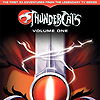 Old Cartoons that needs to be turned into movie (12 movies items)
Old Cartoons that needs to be turned into movie (12 movies items)3 years, 5 months ago
 Login
Login
 Home
Home 286 Lists
286 Lists 3 Reviews
3 Reviews Collections
Collections































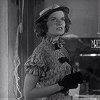 Gloves in Films
Gloves in Films
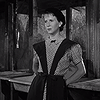 Pictures Posted by Kandi XXXI
Pictures Posted by Kandi XXXI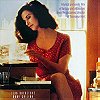 Patrice Leconte's Films Ranked
Patrice Leconte's Films Ranked Butterfly
Butterfly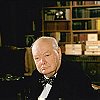 Bow Tie Guy
Bow Tie Guy 



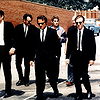 Favourite Gangster Movies
Favourite Gangster Movies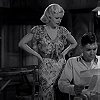 Images Posted 30s - Movies
Images Posted 30s - Movies

